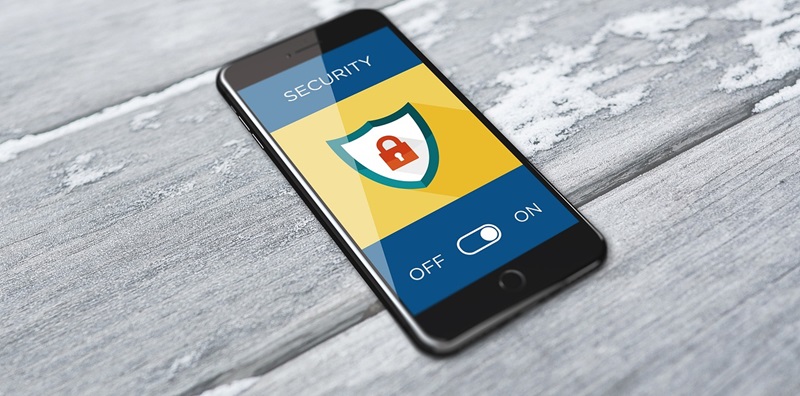In today’s digital age, our mobile devices have become an integral part of our lives, storing a wealth of personal and financial information. However, this convenience comes with a price: mobile devices are prime targets for cybercriminals seeking to exploit vulnerabilities and gain unauthorized access to sensitive data. To safeguard against these threats, it is essential to prioritize mobile device security. This article will outline effective measures to protect your personal and financial information from cyber threats.
Software Updates for Enhanced Security
Regular software updates are more than just annoying notifications. They often include crucial security patches that address vulnerabilities discovered by device manufacturers and software developers. By keeping your mobile device up to date, you ensure that any known security flaws are patched, reducing the risk of exploitation by cybercriminals.
Strong Authentication Measures
In this age of advanced technology, relying solely on traditional passwords is no longer sufficient to protect your mobile device. Utilizing strong authentication measures, such as biometrics (fingerprint or facial recognition) and complex passwords, adds an extra layer of protection. Biometrics are particularly effective as they are unique to each individual and difficult for cybercriminals to replicate.
Beware of Unsecured Wi-Fi Networks
Public Wi-Fi networks, while convenient, pose significant security risks. Cyber attackers often target these networks to intercept sensitive information transmitted between your device and the network. To protect yourself, it is best to avoid connecting to unsecured public Wi-Fi networks, especially when accessing or transmitting sensitive data.
App Download Safety
The popularity of mobile apps makes them an attractive target for cybercriminals to distribute malware and steal personal information. Protect yourself by downloading apps only from reputable sources, such as official app stores like Google Play Store or the Apple App Store. Before granting access to an app, carefully review the permissions it requests and ensure they are necessary for its intended functionality.
Utilizing the Find My Device Feature
The loss or theft of a mobile device can be devastating, leading to potential unauthorized access to your personal and financial information. Activating the Find My Device feature on your device can help locate it in such situations. This feature allows you to remotely track and lock your device, and even erase its data if necessary, effectively protecting your information from falling into the wrong hands.
Regular Backup of Mobile Device
Backing up your mobile device regularly is crucial to protect your data in case of device failure, loss, or theft. Cloud services, like Google Drive or iCloud, offer secure and convenient options for backing up your data. Alternatively, you can use an external storage device to create backups. In either case, ensure that your backups are encrypted and stored in a safe location.
Reputable Mobile Security Apps
Installing a reputable mobile security app adds an extra layer of protection to your device. These apps often provide antivirus protection, real-time scanning for potential threats, and secure browsing capabilities. Look for highly rated apps from trusted developers and regularly update them to ensure they are equipped to tackle the latest threats.
Beware of Suspicious Links
Cybercriminals often use phishing techniques to trick users into clicking on malicious links received via emails, text messages, or social media. These links can lead to malware infections or attempts to steal personal information. Exercise caution and avoid clicking on suspicious links, especially if they come from unknown or untrusted sources.
Remote Wiping Capabilities
In the unfortunate event of a lost or stolen device, remote wiping capabilities can help protect your data. Remote wiping allows you to delete all the data on your device remotely, ensuring that sensitive information does not fall into the wrong hands. Before enabling this feature, familiarize yourself with how it works to avoid accidentally wiping your device.
As our reliance on mobile devices continues to grow, prioritizing mobile device security is essential to protect our personal and financial information from the ever-evolving threat landscape. Regular software updates, strong authentication measures, caution when connecting to public Wi-Fi networks, downloading apps from reputable sources, and utilizing security features like Find My Device and remote wiping can significantly enhance your mobile device security. By implementing these measures, you can ensure that cybercriminals find it challenging to breach your personal and financial information, safeguarding your digital life.

